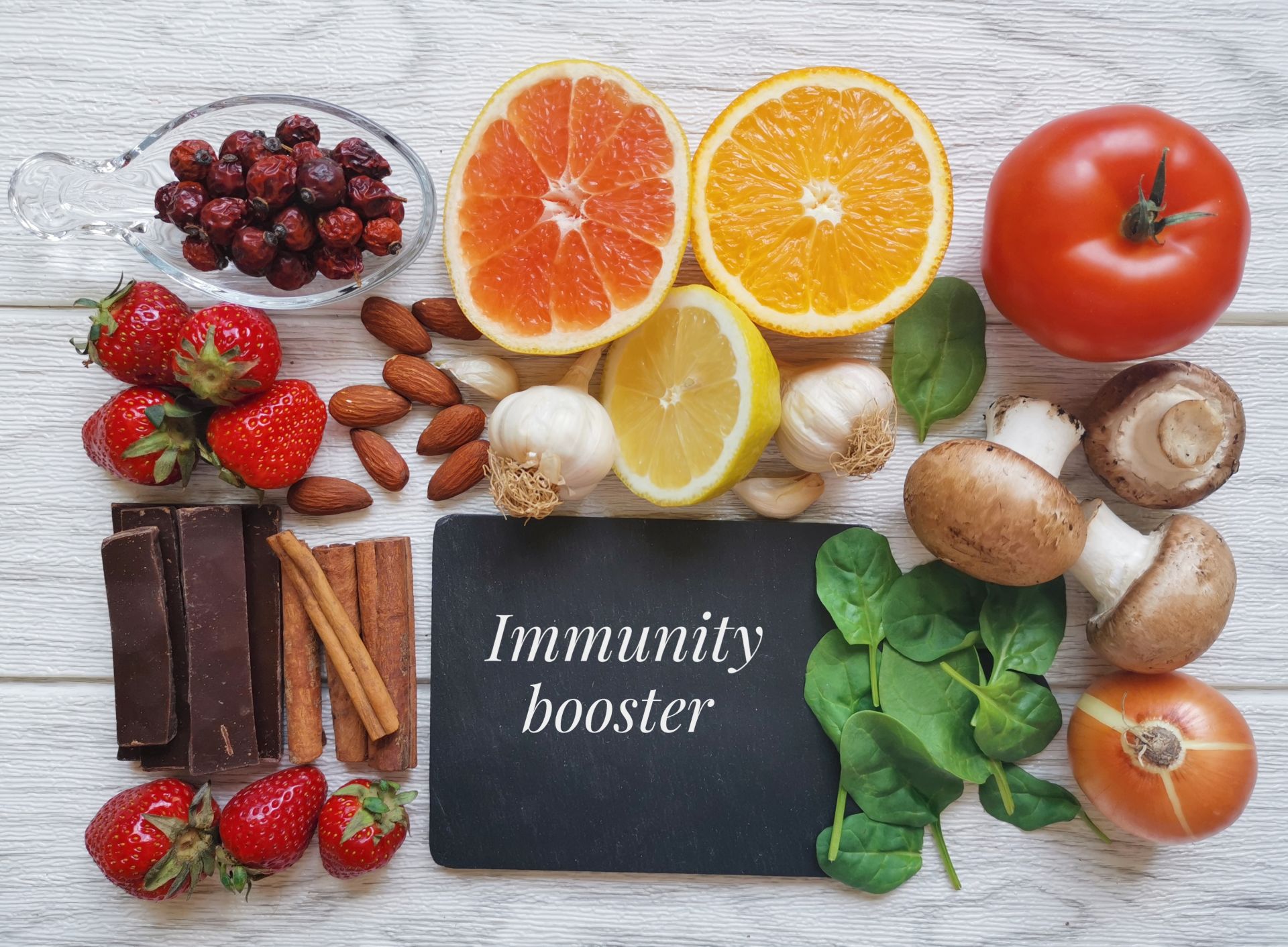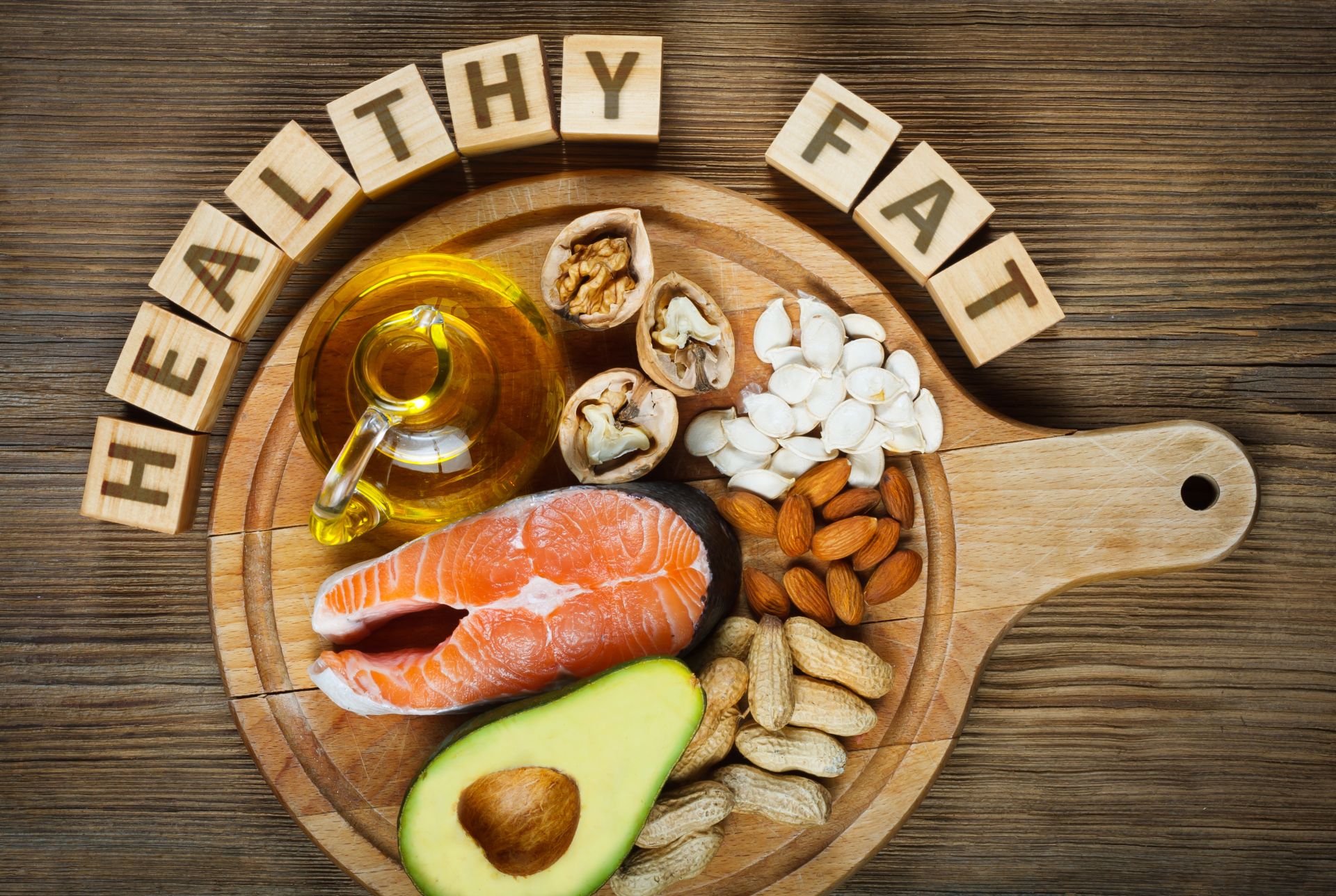What supplements for hair, skin and nails?

Skin and hair diseases are one of the most common reasons for patients' visits to doctors' offices. Hence, supplements for hair, skin and nails are becoming an increasingly popular group of products, which are primarily reached for by people living in constant haste and anxiety, who do not have time for a healthy diet. Such preparations usually contain in their composition amino acids, vitamins, minerals and unsaturated fatty acids. Let's find out which supplements for hair, skin and nails can actually be helpful in maintaining good health.
- Effect of vitamins on skin condition
- Mineral ingredients for skin, hair and nails
- Effects of omega-3 and omega-6 polyunsaturated fatty acids on skin health
Effect of vitamins on skin condition
An important ingredient in many hair, skin and nail supplements are antioxidant vitamins (i.e. A, C, E) and B vitamins (especially biotin, called vitamin B7 or H). Vitamin A accelerates the reconstruction of the epidermis, improves the structure of the stratum corneum, strengthens the protective function of the epidermis and reduces transepidermal water loss. Vitamin C is an antioxidant that enhances collagen synthesis, protects cells from the damaging effects of free radicals and increases the absorption of non-heme iron, which is particularly important in patients with excessive hair loss associated with iron deficiency. Vitamin E improves blood supply to the skin, strengthens connective tissue, slows down the skin's aging process, as well as helps counteract free radical damage. Vitamin E deficiency can cause keratosis and premature aging of the skin, as well as difficulties in wound healing. Another bioactive compound commonly found in hair loss pills is biotin, which benefits hair, skin and nails. The results of previous studies have shown that the use of biotin contributes to the reduction of brittleness and fragility of nails, hair loss, and the relief of skin rashes and inflammation. So, as you can see, certain vitamins have positive effects on hair, skin and nails, and their deficiencies can clearly hinder the maintenance of a healthy complexion, strong nails and shiny hair.
Mineral ingredients for skin, hair and nails
In addition to vitamins, hair loss pills often contain minerals, such as zinc, iron, selenium, copper and silicon, for example. Iron deficiency is common in women who complain of excessive hair loss. In the course of iron deficiency, not only hair loss is observed, but also increased brittleness of nails, dry and pale skin and the formation of clots. Zinc is an essential trace element that prevents UV-induced skin damage and plays an important role in skin repair and care. Zinc deficiency can lead to hair loss and the appearance of skin rashes and inflammation. Selenium is a mineral that acts as an antioxidant, protecting the human body from UV-induced oxidative stress. It is an important bioactive ingredient in hair, skin and nail supplements that reduces inflammation and DNA damage caused by the harmful effects of reactive oxygen species. Selenium supplementation can reduce hair loss and skin pigmentation disorders. Copper participates in the maintenance of the structure of keratin, the protein of which hair, skin and nails are made, and is also involved in the formation of cross-links in collagen and elastin and the synthesis of melanin, the pigment of hair and skin. Copper deficiency results in abnormal hair growth, which is stiff and brittle as a result of impaired collagen synthesis. The last mineral commonly found in hair, skin and nail supplements is silicon, which plays an important role in collagen and elastin synthesis. Silicon is involved in maintaining the structure of keratin and increasing the resistance of nails to damage, as well as improving the density and fluffiness of hair. Symptoms of silicon deficiency include brittle and fragile nails, slower wound healing and faster skin aging and the appearance of wrinkles.
Effects of omega-3 and omega-6 polyunsaturated fatty acids on skin health
Supplements for hair, skin and nails very often contain in their composition polyunsaturated fatty acids omega-3 and/or omega-6, which are valuable nutrients for the skin. They ensure proper structure, elasticity and function of cell membranes and are essential for the synthesis of intracellular lipids in the stratum corneum. Omega-3 fatty acids reduce the risk of developing allergic diseases, and help treat psoriasis, acne and atopic dermatitis. Deficiency of omega-3 and omega-6 polyunsaturated fatty acids during adolescence can cause the onset of increased acne lesions due to decreased sebum fluidity, clogging of sebaceous gland outlets and formation of blackheads and skin inflammation. Research results indicate that omega-3 polyunsaturated fatty acids have a positive effect on skin condition due to their ability to reduce inflammation and inhibit the immune response. An interesting supplement for hair, skin and nails is evening primrose oil, naturally rich in gamma-linolenic acid (GLA) of the omega-6 family, regular use of which improves skin hydration, elasticity, density and roughness. It has been suggested that supplementation with evening primrose oil may alleviate the severity of disease symptoms in people with atopic dermatitis.
Sources:
- Szyszkowska B, Lepecka-Klusek C, Kozlowicz K, et al: The influence of selected ingredients of dietary supplements on skin condition. Posteps Dermatol Allergol. 2014 Jun;31(3):174-81.
- Pérez-Sánchez A, Barrajón-Catalán E, Herranz-López M, et al: Nutraceuticals for Skin Care: A Comprehensive Review of Human Clinical Studies. Nutrients. 2018 Mar 24;10(4):403.
- Almohanna HM, Ahmed AA, Tsatalis JP, et al: The Role of Vitamins and Minerals in Hair Loss: A Review. Dermatol Ther (Heidelb). 2019 Mar;9(1):51-70.
- Burns EK, Perez-Sanchez A, Katta R.: Risks of Skin, Hair, and Nail Supplements. Dermatol Pract Concept. 2020 Oct 26;10(4):e2020089.
- Michalak M, Pierzak M, Kręcisz B, et al: Bioactive Compounds for Skin Health: A Review. Nutrients. 2021 Jan 12;13(1):203.
 ⮜ Previous article
⮜ Previous article
Diet and immunity - what products are worth including in your diet?
 Next article ⮞
Next article ⮞